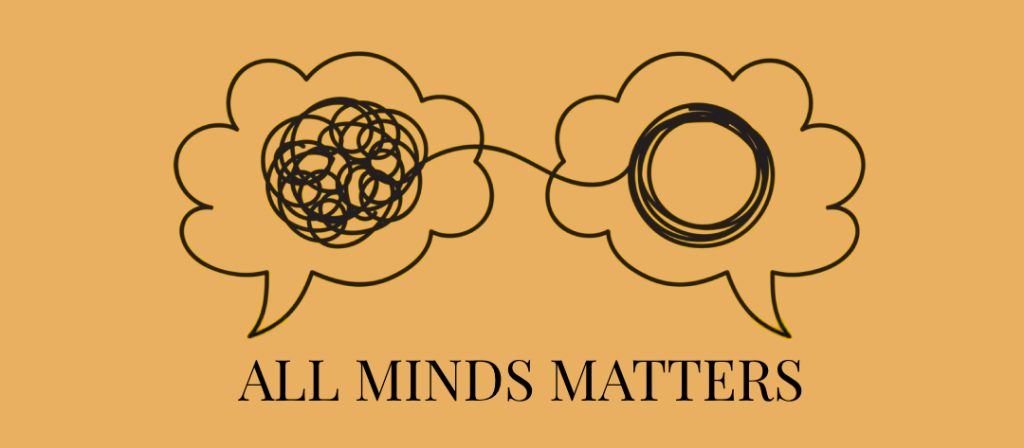Starting the process of psychotherapy is beginning a journey of understanding, and committing to keep walking down this path until you reach the goals you initially set out to accomplish.
All journeys have a start and end point, and whilst the process is important, many people will ask their therapist at their first hour-long session how long they should expect their treatment to take.
The process of understanding and exploring your emotions, your psyche and your history that is so essential for psychotherapy is somewhat variable, and the length of treatment can depend on a person’s goals, the complexity of the changes that person wishes to make and the dynamic between themselves and their therapist.
Acute, short-term concerns may take less time and fewer sessions than complex long-term psychological conditions.
According to research from the American Psychological Association, between 15 and 20 sessions are required for half of the study participants to recover, although this can vary between therapy style, therapist and the goals of therapy itself.
Typically, a course of therapy is expected to take at least six months of weekly sessions for people to feel like they are ready to move forward and no longer need regular therapy, although follow-up appointments are always available.
Therapy is very important, but it is a journey with a destination and there will be a point where a person will achieve their goals and for the therapeutic relationship to conclude.
In some cases, it can take longer for therapy to be effective, with some people remaining in therapy for over two years.
There is a difference, however, between the length of a course of therapy and when it will start to make an impact on a person’s life.
Some people will feel some benefits from therapy as early as the first session, whilst it may take others longer for it to take effect.
